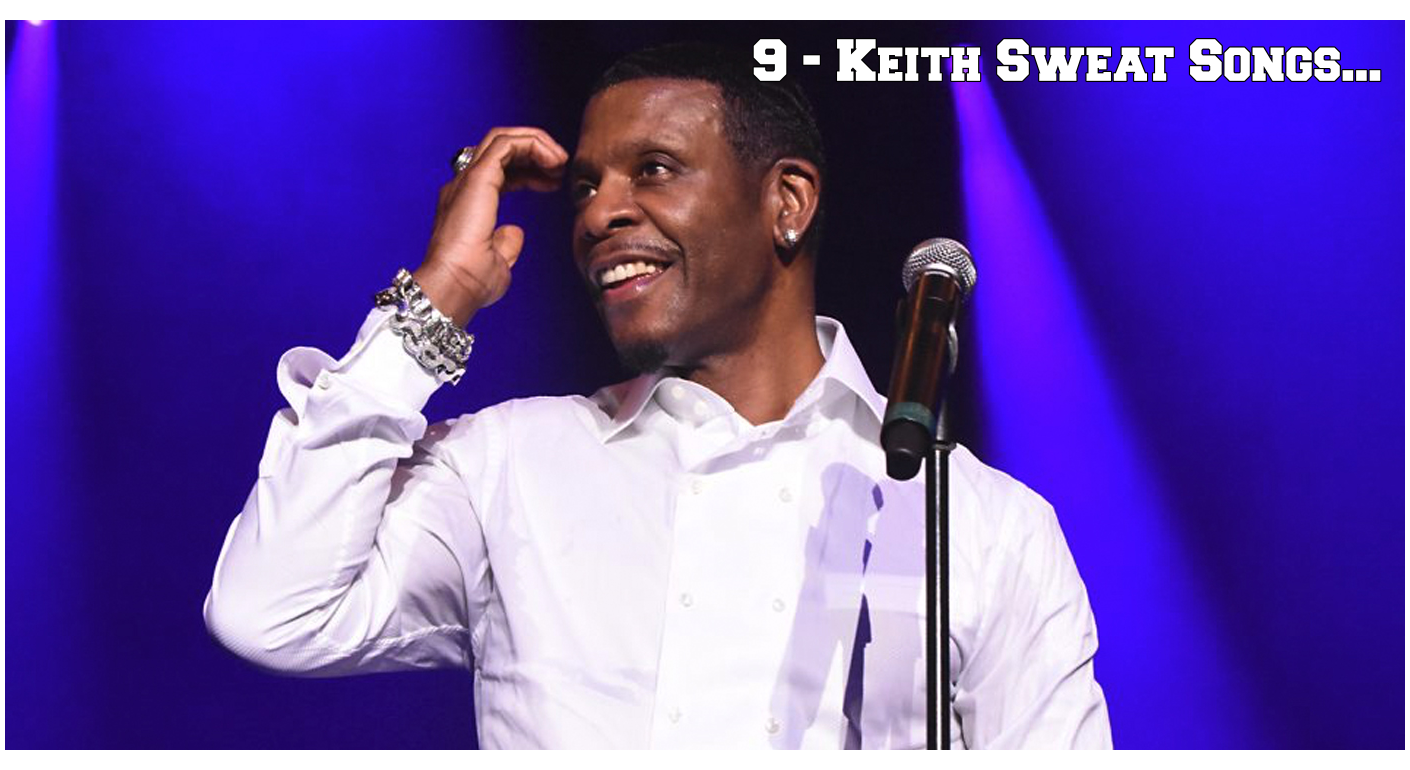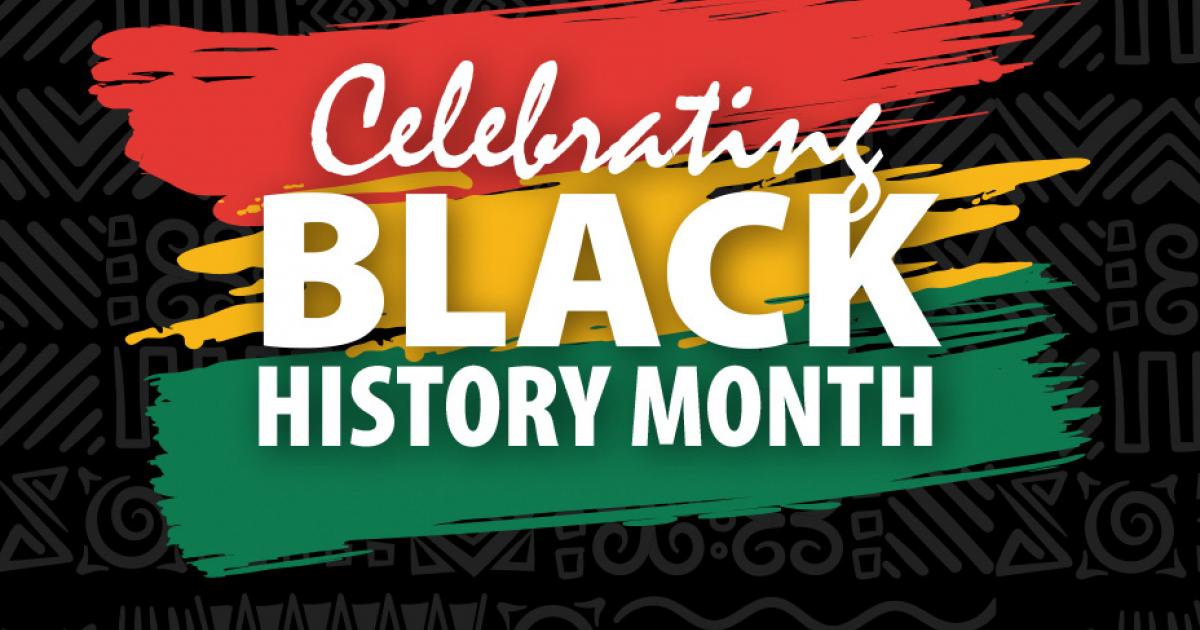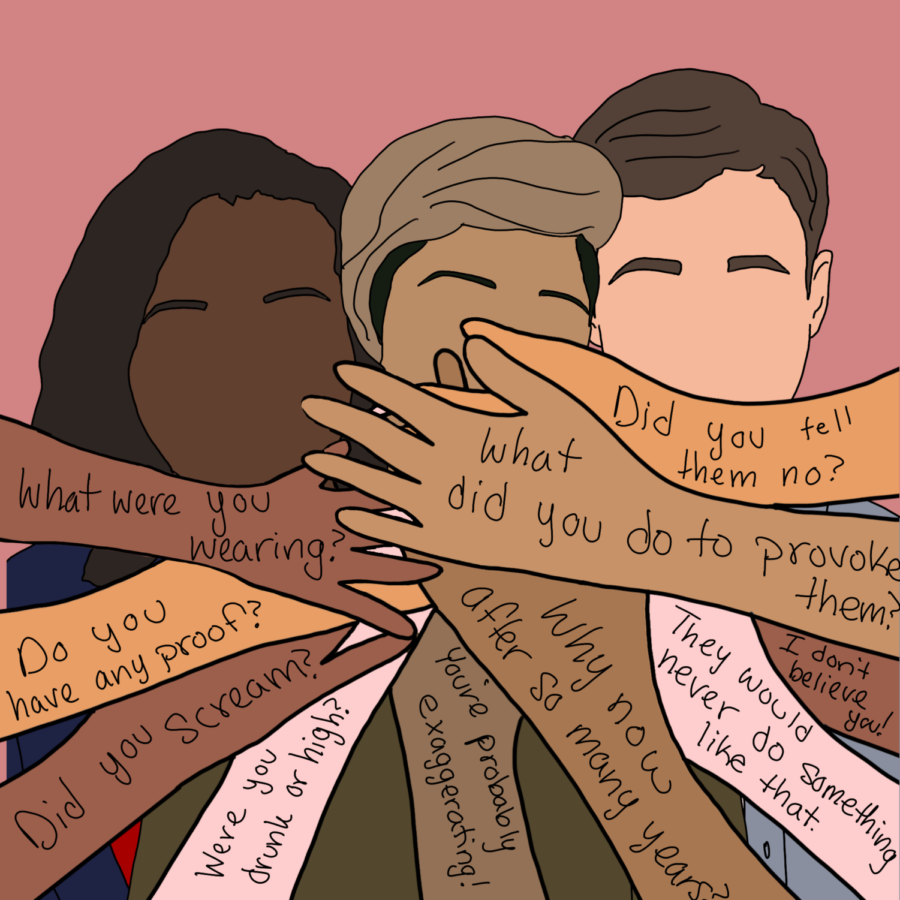(ThyBlackMan.com) If you know R&B, you know Keith Sweat. His voice, his vibe, and—most importantly—his pen have shaped the soundtrack of late-night conversations, breakups, makeups, and grown-folk love for decades. For many of us who came of age during the golden era of ’90s R&B, his music wasn’t just something we heard—it was something we felt.
But while we can all sing along to hits like “Twisted” or “Nobody,” it’s easy to forget just how influential Keith Sweat was behind the scenes. His fingerprints are on some of the most soulful, seductive, and emotionally raw songs that weren’t even his own. Whether crafting hits for vocal groups he mentored or lending his signature style to fellow legends, Sweat had a way of making you feel the lyrics—no matter who was singing them.
So if you’ve ever lit a candle to a slow jam, had a song help you through a rough patch, or just needed that perfect track for a late-night drive, there’s a good chance Keith Sweat was somewhere in the credits. Let’s revisit 9 songs that prove his pen game is just as iconic as his voice.

1. “Just Got Paid” – Johnny Kemp (1988)
One of the most iconic party anthems of the late ‘80s, “Just Got Paid” is a dancefloor magnet. Keith Sweat originally intended the song for himself, but it found its way to Johnny Kemp—and the rest is history. The track was produced by Teddy Riley and became a definitive New Jack Swing record, blending R&B melodies with hip-hop rhythms in a way that was revolutionary for the time. Sweat’s contribution as a co-writer gave the track its accessible, relatable spirit. It wasn’t just about getting money—it was about liberation.
Lyrically, “Just Got Paid” captures the universal joy of payday and the relief of finally being able to unwind. It speaks to anyone who’s ever clocked in a 40-hour week and needed to feel that release once the check hit. Keith Sweat’s clever songwriting taps into a working-class narrative—celebrating self-reward and living it up. The simplicity of the lyrics (“Just got paid, Friday night / Party hoppin’, feelin’ right”) only adds to its catchiness, making it a singalong staple at cookouts, clubs, and family functions for generations.
Even today, the song resonates with people of all ages and backgrounds. Whether blasting from speakers on a Friday night or featured in nostalgic ’80s or ’90s playlists, “Just Got Paid” still gets people moving. It’s not just a song—it’s a cultural time stamp and a declaration of freedom from the weekly grind. It’s been sampled and covered multiple times, proving the staying power of its groove and theme. Keith Sweat helped birth a record that doesn’t just play—it lives in the collective memory of feel-good music lovers.
2. “My Body” – LSG (1997)
“My Body” was technically a group effort—LSG being a supergroup composed of Gerald Levert, Keith Sweat, and Johnny Gill—but Sweat’s fingerprints are all over the song’s creation. He co-wrote this sultry R&B hit, which became an instant classic upon release, topping the R&B charts and resonating with lovers everywhere. What made the song such a powerhouse was the vocal synergy between the trio—Levert’s grit, Gill’s strength, and Sweat’s silky vulnerability—all riding on a bed of lush harmonies and passionate lyrics.
The lyrics are intimate and provocative, detailing physical attraction and desire with poetic elegance. Keith Sweat has a unique way of balancing sensuality without veering into vulgarity, and that’s evident here. Lines like “My body all over your body, babe” are explicit but delivered with finesse, wrapped in the kind of slow-burning instrumentation that made ‘90s R&B the sound of romance. There’s a mutual longing expressed in the verses, giving both voice and emotion to male vulnerability—a rare and refreshing angle in an era increasingly driven by bravado.
In today’s world of more graphic and sometimes emotionally detached R&B tracks, “My Body” feels refreshingly honest and romantic. It’s a perfect throwback for those looking to reconnect with the soulful, bedroom-ready sound of ‘90s R&B. It’s also a reminder of when male vocal groups harmonized with passion and intentionality—not just production tricks. Keith Sweat didn’t just lend his voice—he gave the track its emotional center. And more than two decades later, it’s still the type of song that makes lovers slow dance in their living rooms with the lights low.
3. “Let’s Chill” – Guy (1990)
Keith Sweat’s contributions to the New Jack Swing movement extended to his peers, including Teddy Riley’s group, Guy. While Teddy Riley often gets the credit as the father of New Jack Swing, Keith Sweat was the genre’s heartbeat—an essential voice who gave it warmth and soul. “Let’s Chill” is one of Guy’s most beloved ballads, and it’s rumored that Sweat had creative input during the early songwriting sessions. While not officially credited as a co-writer, Sweat’s stylistic influence can be heard in the emotional pacing and lyrical phrasing of the track.
The track is a masterclass in romantic restraint. Rather than rush into declarations of love or physical intimacy, the lyrics suggest slowing down, building intimacy, and appreciating the moment. “Let’s chill / Let’s settle down / That’s what I want to do” reads like a soft plea for companionship, rather than a conquest. It’s a rare type of love song—mature, thoughtful, and emotionally intelligent. Sweat’s writing influence can be felt in the conversational tone and emotional openness of the lyrics, where the narrator wants connection, not control.
This is one of those R&B songs that hasn’t aged a day. It fits perfectly on playlists for weddings, date nights, or even reflective solo moments. It’s about commitment without pressure, love without chaos—a message that holds even more value in our fast-paced, hookup-driven culture. In 2025, when so much music is about instant gratification, “Let’s Chill” reminds us of the beauty of taking things slow. It’s timeless not just because of its melody, but because of its message—something Keith Sweat has mastered again and again through his writing.
4. “Freak Me” – Silk (1993)
One of the steamiest slow jams of the 1990s, “Freak Me” by Silk is a certified classic—and Keith Sweat was the genius behind it. As both co-writer and executive producer of the track, Sweat molded Silk’s image and sound, setting the tone for their sensual style that would dominate quiet-storm radio. His fingerprints are all over “Freak Me,” from the seductive lyrics to the sultry groove that became synonymous with ‘90s bedroom music. He didn’t just write a song—he defined a late-night sound that entire playlists would soon mimic.
From the very first note, “Freak Me” seduces the listener. The slow, deliberate pacing is matched by lyrics that push the boundaries of radio-friendly eroticism without crossing into the crass. Sweat’s writing strikes a delicate balance, using vivid imagery that walks a fine line between fantasy and emotional sincerity. “Let me lick you up and down ‘til you say stop” is a bold declaration—but it’s delivered with such sincerity and musical sensuality that it feels like a romantic vow rather than a provocative stunt.
Even today, “Freak Me” is still in heavy rotation at nostalgic R&B events and adult playlists. It’s become a cultural time capsule of sorts—reminding listeners of an era when sensuality in music was both artful and intentional. Modern R&B may lean more heavily into overt language and digital production, but “Freak Me” endures because it’s a masterclass in songwriting, arrangement, and emotional engagement. Keith Sweat gave Silk their biggest hit with this track, and it remains a defining moment in ‘90s soul.
5. “Twisted” – Kut Klose (1995)
Although best known as one of Keith Sweat’s signature songs, “Twisted” was also given a fresh female perspective when performed by Kut Klose, the female R&B trio that Sweat mentored and helped develop. Sweat wrote and produced much of their 1995 debut album Surrender, and their version of “Twisted” flips the emotional script. It takes what was originally a male-centered confessional about being emotionally disoriented by love and reinterprets it through a feminine lens of strength, confusion, and longing.
Kut Klose’s vocal delivery gives “Twisted” a softer edge, but the lyrics remain emotionally raw and relatable. Lines like “Did he love me, or was he just playing games?” cut to the heart of romantic insecurity. The trio’s harmonies are delicate yet powerful, and they bring out nuances in Sweat’s writing that weren’t as pronounced in the male-led version. This makes the track feel like a conversation between perspectives—two sides of the same emotional coin.
Listening today, the song is still deeply relatable. The idea of being “twisted” over someone—mentally, emotionally, even spiritually—is as real now as it was in the ‘90s. Kut Klose’s take on it brings a refreshing female empowerment edge to Sweat’s male-dominated catalog. It’s proof of how good songwriting transcends gender, and how giving a song new life through different voices can uncover new layers of emotional depth. For fans of timeless R&B storytelling, this version is a must-listen.
6. “I Want Her” – Men At Large (1992)
Sweat’s songwriting contribution to Men At Large, another R&B duo he supported in the early ‘90s, is evident in their cover of his breakout solo hit “I Want Her.” Originally released by Sweat in 1987, the track was a trailblazer for the New Jack Swing movement. But this version, guided by Sweat’s direction, added a new dynamic. The reimagining didn’t attempt to outshine the original; instead, it paid homage while exploring new vocal textures and harmonic depth.
The lyrics are direct and passionate—a man seeing someone across the room and being instantly drawn to her. Keith Sweat has always had a gift for capturing infatuation in real-time, making listeners feel like they’re living in the moment with the singer. “I want her” becomes more than just a phrase—it’s a statement of intent, desire, and focus. Men At Large, known for their strong vocal delivery, brought added vocal power to the verses, expanding on the emotional urgency first delivered in Sweat’s version.
Today, this version feels like a bridge between generations of R&B. It preserves the funkiness and rhythm-driven energy of the original while adding the polish of ‘90s vocal techniques. More importantly, it reflects Sweat’s ability to mentor and reshape his earlier work for new voices without losing its emotional resonance. It’s a reminder that good songwriting doesn’t age—it evolves. Whether you’re a fan of late ‘80s R&B or the rich harmonies of early ‘90s soul, Men At Large’s “I Want Her” is a refreshing yet nostalgic listen.
7. “Come Inside” – Intro (1993)
“Come Inside” by Intro is one of the most underrated R&B gems of the early ‘90s—and yes, Keith Sweat had a major hand in crafting it. Co-writing and producing for the Harlem-based trio, Sweat infused the song with his signature blend of seduction and emotional directness. “Come Inside” is a prime example of how he could take a relatively unknown group and wrap them in his sonic warmth, giving them a sound that resonated deeply with R&B lovers. It wasn’t just about catchy hooks; it was about mood, setting, and soul—and Sweat knew how to deliver all three.
The lyrics are a slow invitation to intimacy, framed with tenderness rather than aggression. The words “Let me come inside” feel less like a physical request and more like a plea for closeness, connection, and vulnerability. Keith Sweat’s writing humanized desire in a way few others could. It wasn’t about conquest—it was about emotional transparency. Intro’s delivery makes the song feel like a whispered confession. With every chorus and layered harmony, the group masterfully captures the emotional craving that underpins true romantic passion.
To this day, “Come Inside” feels timeless. It’s a perfect track for quiet evenings, slow dances, or late-night drives with the windows down and your mind adrift. The production still holds up—proof that Sweat’s compositions were built to last. In a world where romantic subtlety is increasingly rare, this track offers a reminder that intimacy doesn’t have to be loud to be powerful. Keith Sweat gave Intro one of their most enduring songs, and in doing so, gifted listeners with an R&B classic that whispers louder than most songs shout.
8. “(Tonight) Is the Night” – Levert (1988)
Long before LSG brought Keith Sweat and Gerald Levert together onstage, they connected behind the scenes—most notably with “(Tonight) Is the Night” by Levert. Co-written by Keith Sweat, this seductive slow jam was a standout moment on Levert’s 1988 The Big Throwdown album. While Gerald Levert’s soulful delivery made the song an R&B favorite, it was Keith Sweat’s writing that shaped the song’s mood, giving it that unmistakable blend of longing, passion, and vulnerability.
Lyrically, the track walks the line between desire and romance with delicate precision. “Tonight is the night that you make me a man,” Gerald sings with both anticipation and reverence. Sweat’s pen doesn’t rely on shock value—it leans on subtle storytelling and an understanding of how intimacy plays out in the real world. The song captures the nerves, the want, and the emotional weight of a first physical connection, all set to a slow groove that feels both mature and magical.
Over three decades later, “(Tonight) Is the Night” still holds its place as a quiet storm staple. It’s the kind of track you don’t just listen to—you feel. With Sweat’s lyrical blueprint and Levert’s vocal power, it remains a perfect example of how Keith Sweat wasn’t just writing hits—he was writing human experiences wrapped in melody. If you’re building a grown-folks playlist, this gem deserves a top spot.
9. “There U Go” – Johnny Gill (1993)
Keith Sweat collaborated with Johnny Gill on several tracks, and “There U Go” stands out as a prime example of the magic they created together. While Sweat didn’t perform on this song, he helped co-write and structure it, making sure Gill’s passionate vocals carried the emotional weight of the lyrics. The song was featured on Johnny Gill’s 1993 self-titled solo project and became one of its most emotionally charged offerings.
“There U Go” tells the story of heartbreak, betrayal, and emotional closure. Sweat’s lyrical blueprint is simple yet piercing. It’s that moment when someone walks out of your life, and all you can do is watch them go—equal parts sorrowful and liberating. The pain is palpable in every verse. Lines like “There you go, tellin’ me no again” speak to a man who is tired of the cycle of rejection, yet still unwilling to let go completely. It’s the kind of song that doesn’t need dramatic production to hit home—the pain in Gill’s voice, layered with Sweat’s soul-baring writing, does all the work.
Even today, “There U Go” hits hard. In an age of emotionally detached lyrics and throwaway love songs, this track reminds listeners that heartbreak is worth singing about—especially when it’s this beautifully done. Johnny Gill’s delivery is thunderous with emotion, and Keith Sweat’s songwriting proves once again that the most powerful songs often come from the most personal places. This is a song to sit with—to feel, not just hear. It remains one of the most honest heartbreak ballads of its era, and a testament to Sweat’s ability to write for the heartbroken and the hopeful alike.
Listening back to these tracks, it’s impossible not to appreciate the emotional fingerprints Keith Sweat left on every lyric, every harmony, every breath. These weren’t just songs—they were experiences, the kind that made you close your eyes and nod your head because someone finally understood what you were feeling. That’s the magic of Keith Sweat’s songwriting: it doesn’t just speak—it connects.
Whether it was through the voices of Silk, Johnny Gill, or Intro, Sweat’s words carried weight, honesty, and a kind of vulnerability that’s increasingly rare in today’s R&B. These tracks are more than throwbacks; they’re timeless pieces of emotional storytelling that still resonate—whether you’re in love, out of love, or somewhere in between.
So the next time you press play on a slow jam and feel something stir inside you, remember: it might just be Keith Sweat, behind the curtain, pulling the heartstrings.
Staff Writer; Jamar Jackson

















Leave a Reply